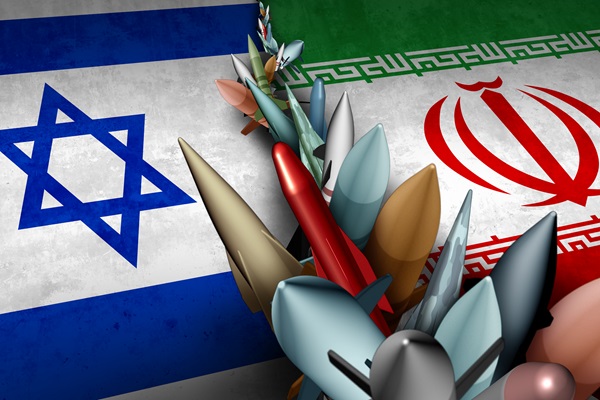.png)
June 24, 2025 at 1:37 AM IST
US President Donald Trump announced a complete ceasefire between Israel and Iran, potentially bringing an end to a brief but alarming 12-day conflict that had escalated fears of a wider regional war and sent shockwaves through global markets.
The conflict began with Israeli and US airstrikes on Iranian nuclear facilities amid accusations that Tehran was close to acquiring nuclear weapons. The attacks led to mass evacuations in Tehran and spurred fears of all-out war in West Asia.
Trump, posting on his Truth Social platform, commended both sides for their "Stamina, Courage, and Intelligence" in ending what he dubbed "THE 12 DAY WAR." A senior White House official confirmed that Trump brokered the ceasefire in a direct call with Israeli Prime Minister Benjamin Netanyahu. Under the arrangement, Israel has agreed to pause hostilities, provided Iran does not initiate further attacks.
The ceasefire is expected to be implemented in a staged manner, with both sides permitted to complete ongoing missions. Iran's participation came after Qatar's diplomatic mediation. Prime Minister Sheikh Mohammed bin Abdulrahman Al Thani reportedly helped secure Iran's conditional acceptance of the truce.
Iran's Foreign Minister Seyed Abbas Araghchi posted on X that Iran would cease retaliation if Israel halted its aggression by 4 a.m. Tehran time. He made clear that no formal ceasefire had yet been agreed upon but added, "We have no intention to continue our response afterwards," provided Israel stopped first.
Meanwhile, US Vice-President JD Vance said American strikes had likely disabled Iran's ability to enrich uranium. "A clear message has been sent — our jets can reach Iranian soil at any time," he said on Fox News while also calling for diplomacy to shape the future course.
The announcement had an immediate and sharp impact on global financial markets. Relief over the de-escalation in Israel-Iran conflict pushed oil prices lower, easing fears of supply disruption through the vital Strait of Hormuz. US Crude futures 3.4% to $66.24 per barrel on Tuesday, extending Monday's 9% drop. Brent also slid as traders unwound risk premiums.
Global equities rallied as investor sentiment rebounded. The MSCI's broadest index of Asia-Pacific shares outside Japan rose 0.8%, while Japan's Nikkei jumped 1.3%. The US dollar extended its decline as safe-haven demand waned, further reflecting the improved risk appetite.




